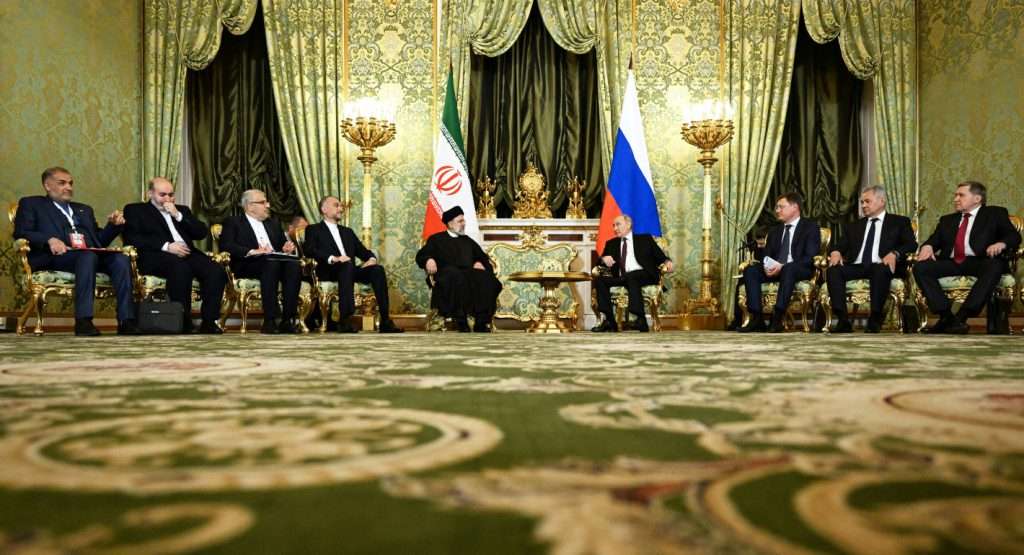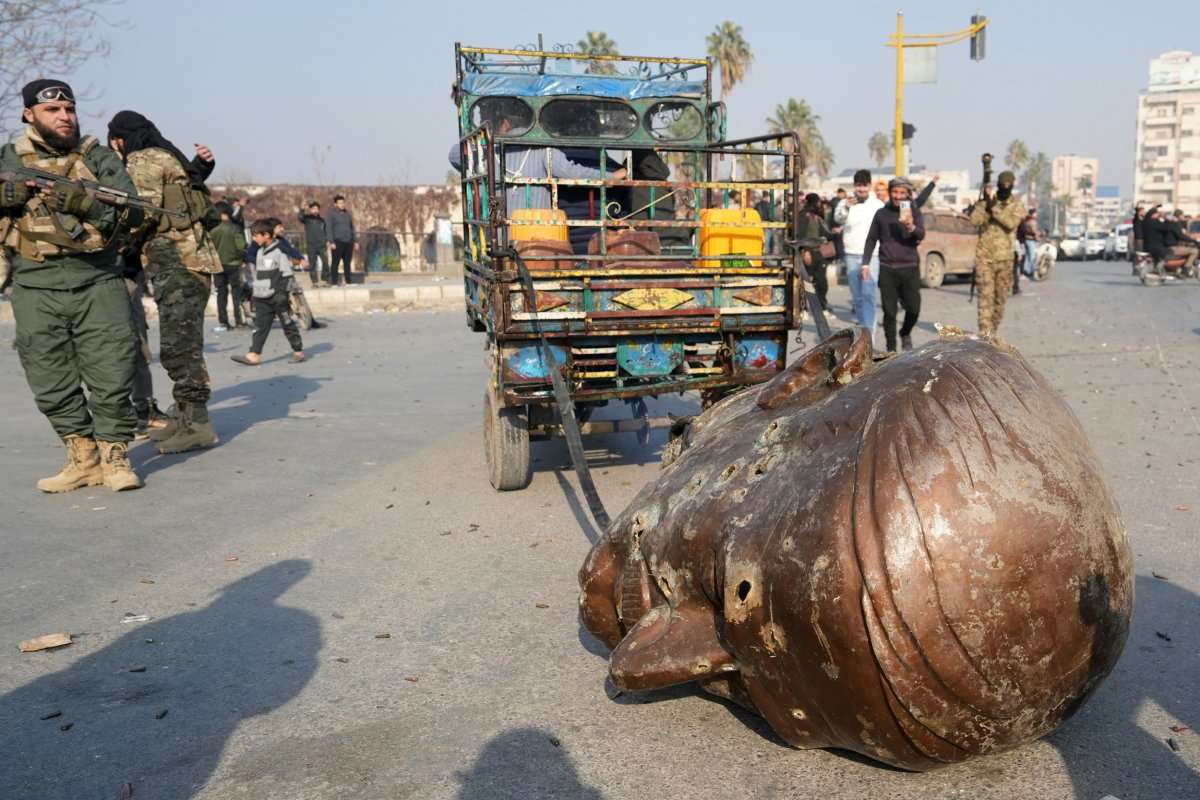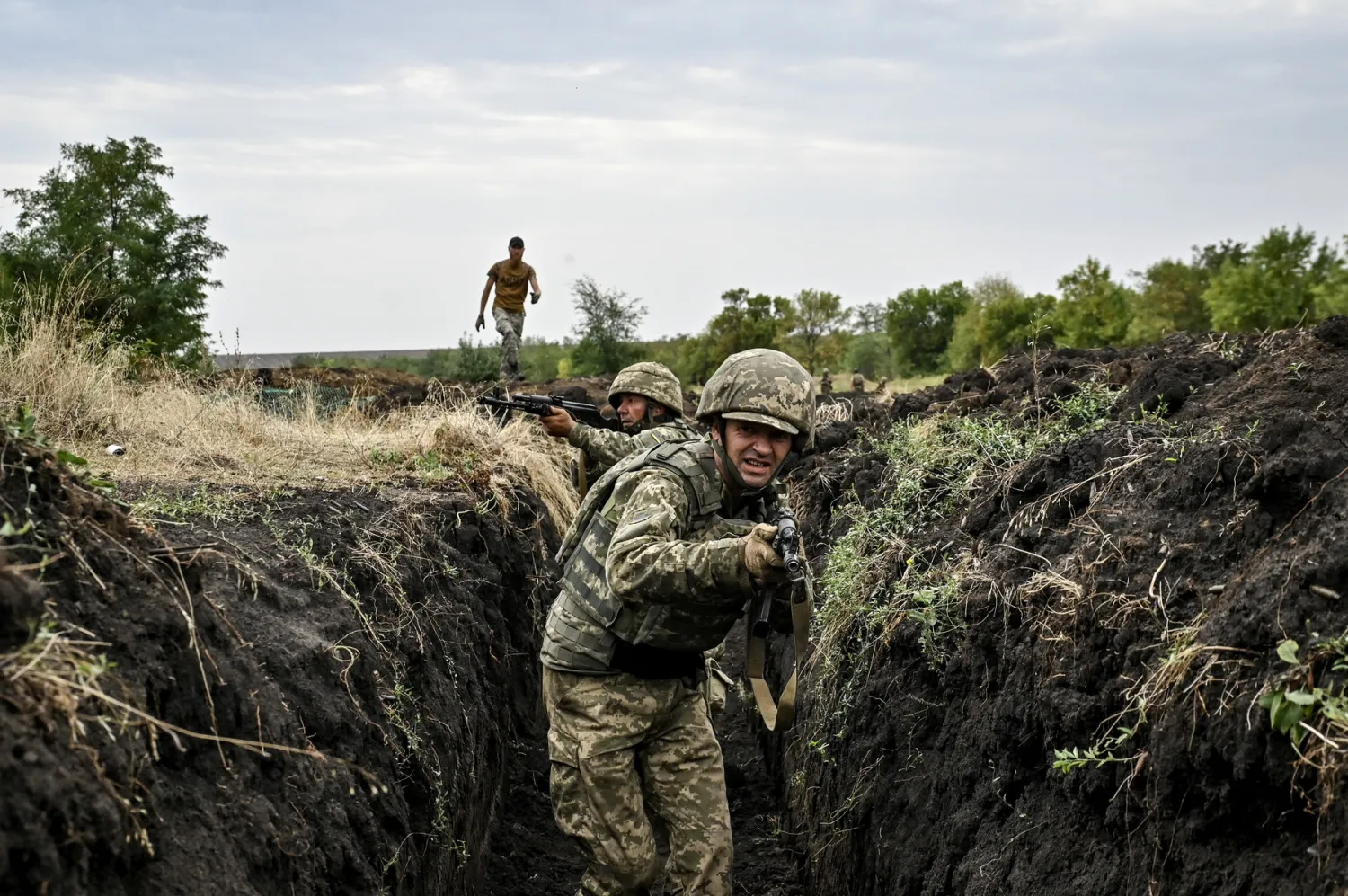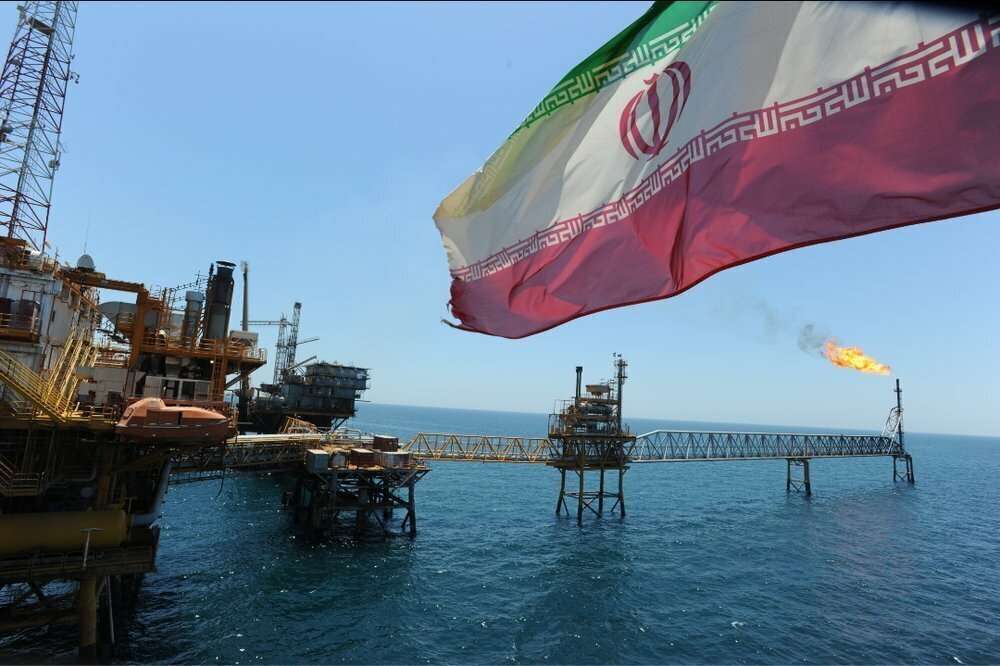Russia will not relinquish influence in Iran warns expert

As explosions echo across Tehran and Tel Aviv alike, the movers and shakers of the international world order consult fortune on their path forward.
While the US military voraciously closes in on Iranian territory, an expert has warned that Russia “will do whatever is necessary” to preserve its influence in Tehran.
The Kremlin’s relations with Iran enjoyed an historic moment in April 2025 when they ratified a strategic partnership agreement pledging to counter shared security threats and strengthen cooperation.
Since the start of Israel’s Operation Rising Lion on the morning of 13 June, when Israel struck targets across Iran, Moscow has so far refused to help its anti-Western ally.
However, actions don’t always follow words in wartime Russia and Putin is unlikely to let Iran be Syrian-ised without playing a major role in the rebuilding process.
Dr. Alexander Dubowy, research director of the Institute for Security Policy, a Stockholm-based think-tank, and Russia expert said: “As the collapse of Assad’s regime in Syria has shown, Russia is prepared to shift alliances, recalibrate rhetoric, and even negotiate with former enemies — but it does not relinquish strategic footholds.”
“The same logic applies to Iran. The Kremlin may not act to defend the current leadership at all costs, but it will do whatever is necessary to preserve its regional leverage and maintain the anti-Western axis.”
“If regime change appears inevitable, Moscow may seek to co-opt the emerging power brokers — even those it once condemned — in order to safeguard its strategic depth. This is not about ideology; it’s about anchoring Russian influence along the world’s key geopolitical fault lines.”

As both Israel and Donald Trump call for Iran’s “unconditional surrender”, Moscow’s restraint on invention may reveal a cold political calculation.
Russia’s flagship oil company, Urals, has seen its crude oil price jump 15 per cent from its lowest value in two years since the Israeli strikes on Iran.
With Iran threatening Saudi Arabia and Kuwait’s oil exports through the straits of Hormuz, prices across the globe could rise dramatically higher.
If more Western military assets are dragged into an escalating conflict, this could further benefit Russia, as a struggling Ukraine is left to fend for itself.
Dubowy said: “The Kremlin views global instability as a strategic asset. A widening Iran-Israel war would be seen in Moscow as a welcome distraction for Washington and NATO.”
“We could see Russia increase its operational tempo in Ukraine, exploiting a moment of Western bandwidth fatigue — just as it used the U.S. withdrawal from Afghanistan in 2021 to test the West’s resolve in Eastern Europe.”
“Militarily, any adjustment would likely be asymmetrical. Russia may reconfigure drone deployments, logistics, or electronic warfare assets depending on what Iran can still deliver. But the broader aim is strategic: to force the West into a reactive posture — overstretched, distracted, and ultimately divided.”

While these could yield short term benefits for Moscow, looking at the bigger picture exposes a complex thread of Iranian-Russian interest.
Since Moscow’s full scale invasion of Ukraine, the two nations have rapidly developed a close working relationship in areas such as space, where Russia has launched Iranian satellites, electronic warfare and cyber.
Further cooperation on natural gas was agreed by the two gas giants, including collaborative development of the giant off-shore reservoir shared by Iran and Qatar in the Persian Gulf.
In February 2025, Putin announced a major plan to construct a natural gas pipeline to connect the two nations through Azerbaijan, with a capacity of 55 billion cubic metres per annum.
With much at stake, clearly Russia will be working tirelessly for a long-term solution which secures its interests in the region.
Giorgio Cafiero, CEO of Gulf State Analytics and Middle East expert, said: “This conflict can have potentially catastrophic consequences for Moscow. A collapse of the Iranian state would severely threaten a host of important Russian interests.”
“Russia has an opportunity to come to Iran’s defence in ways that could undermine Trump’s foreign policy agenda. Within the context of the Trump administration not agreeing to Moscow’s conditions for a freeze of the Ukraine war, the Kremlin might be tempted to consider such options.”
“Nonetheless, I don’t expect Russia to become militarily involved in the Israel-Iran war. This is largely due to complexities in Moscow’s partnership with Tehran, Putin’s relationship with Netanyahu, Russia’s focus on Ukraine, and Moscow’s interests in not being seen in Gulf Arab capitals as too closely aligned with Tehran.”

In a phone call with Trump yesterday, Putin offered to mediate peace talks between Israel and Iran but was snubbed by the American President.
Trump told reporters he said to Putin: “Vladimir, let’s mediate Russia first. You can worry about this later.”
The Russian president has also had calls with both Israeli Prime Minister Benjamin Netanyahu and Iranian President Masoud Pezeshkian, as well as UAE’s President Sheikh Mohamed bin Zayed, reportedly advertising his peacemaking skills to each party.
Due to its strong ties with both belligerents, Moscow does seem the best positioned super power to take on the task but the US seems unlikely to allow it.
Cafiero said: “What I do think is possible, if not likely, is that Putin’s government will seek to position itself as a mediator between Tel Aviv and Tehran.”
“Doing so would help bolster Russia’s image as a responsible member of the international community that takes seriously all efforts to promote peace and stability in the tumultuous Middle East—an image that counters western efforts to isolate Russia and portray it as a global pariah due to its conduct in Ukraine.”
As the bombardments escalate across the Middle East, any immediate diplomatic resolution appears distant.
It seems further blood letting must take place before either side is ready for dialogue.
Moscow Times, Amwaj.media, News Week
Want to chase the pulse of North Africa?
Subscribe to receive our FREE weekly PDF magazine













